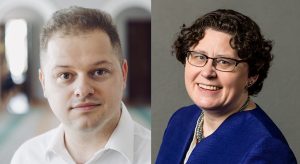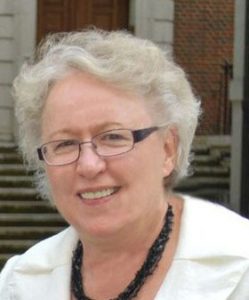WEBINAR: Advancing Religious Freedom in Different Political Regimes
Webinar Presented by the International Center for Law and Religion Studies’ Blog
“Talk About: Law and Religion”
7 June 2020
9:00 a.m. (Mountain Time), 17:00 (Central European time)
This webinar will highlight opportunities and successful stories, as well as challenges and failures in advancing religious freedom globally. Five distinguished panelists will share their personal experience of promoting religious freedom on political and legal levels, as well as in communities, education, and academia ranging from Iraq to Eastern Europe. What model of religious freedom should be promoted? What obstacles do religious freedom defenders face in non-democratic regimes and young democracies? How have they interacted with local politicians and other important public actors? How does advocating for religious freedom contribute to a broader human rights agenda and the common good? What are more important—legal and political reforms or religious literacy programs and promoting religious tolerance? What are realistic results to be achieved? Why are international religious freedom programs sometimes ineffective and being criticized?


